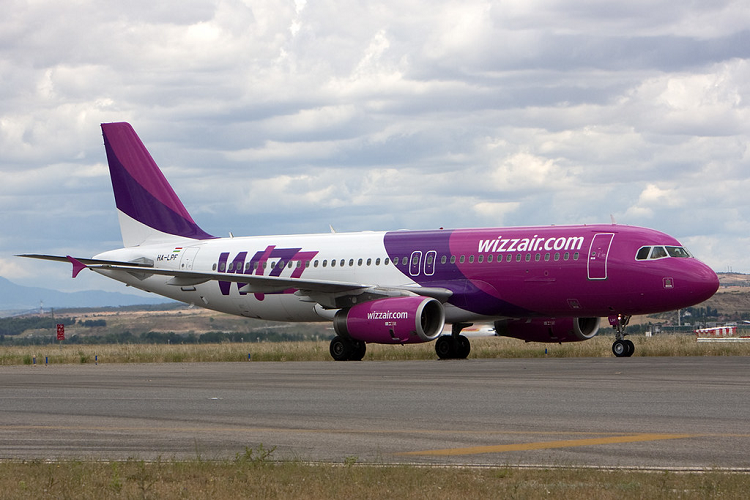In a ground-breaking collaboration, Wizz Air, Europe’s fastest-growing and most sustainable airline, along with Menzies Aviation, a leading service partner to airports and airlines worldwide, have announced the successful implementation of fully electric turnarounds at Budapest Airport.
The achievement is attributed to Budapest Airport’s provision of charging infrastructure powered by renewable energy, complemented by Menzies’ ‘electric first’ approach, aiming for 25% electric Ground Support Equipment (GSE) globally by 2025.
This approach includes the use of electric baggage tractors, belt loaders, passenger steps with solar panels, ground power units, pushbacks, and water and lavatory units. These measures contribute to reducing carbon emissions by approximately 80% per aircraft during ground handling processes compared to diesel-powered equipment.
Yvonne Moynihan, Corporate and ESG Officer at Wizz Air, expressed, “It demonstrates another step in our target to further reduce our CO2 intensity by 25% by 2030. Our Budapest based aircraft are all-Airbus A321neo, delivering significant environmental performance and enabling us to fly with the lowest carbon intensity in Europe.”
Katy Reid, Head of Sustainability & Corporate Responsibility at Menzies Aviation, emphasized the company’s commitment to sustainability, setting science-based targets to achieve net-zero across scopes 1, 2, and 3 by 2045. Reid noted, “Ongoing collaboration with partners, such as Wizz Air and Budapest Airport, will be vital to achieving this ambition.”
Mike Carlson, Budapest Airport’s Chief Financial Officer, underscored the airport’s dedication to carbon neutrality, stating, “It is Budapest Airport’s responsibility to provide accessible, environmentally friendly infrastructure, including various technologies and solutions, and we expect our partners to support our sustainability initiatives.”
Wizz Air, operating 14 Airbus A321neo aircraft in Budapest, boasts significant environmental advantages, including a nearly 50% reduction in noise emissions, 20% in fuel consumption, and 50% in nitrogen oxide emissions. The airline achieved its lowest-ever carbon intensity of 53.8 grams in the financial year 2023, setting a European aviation industry record.
















More Stories
Poland’s High-Tech Border Revolution: EES Ushers in New Era
Singapore Airlines Soars: Premium Boom Fuels 2026 Travel Surge
Canada’s Airlines Halt Cuba Flights: Fuel Crisis Explodes